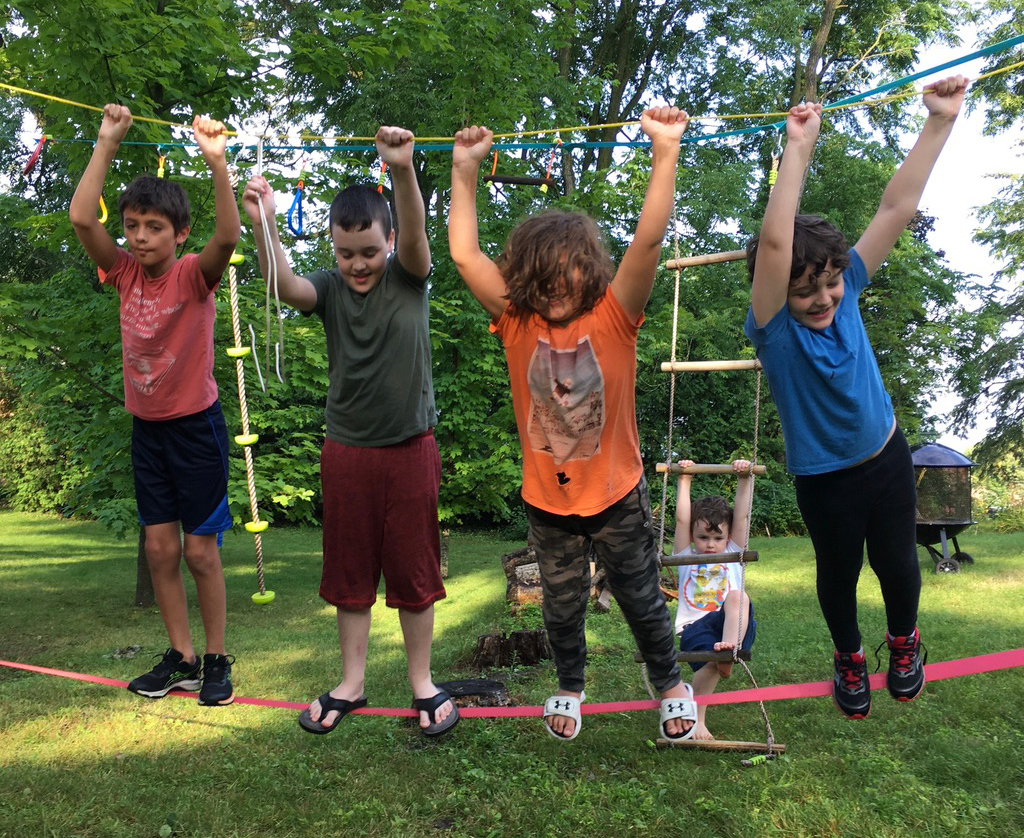
A few weekends ago, my wife and I took in some of the grandsons for a sleepover. It was a chance for their parents to enjoy a summer getaway. It was a chance to wean the grandkids away from Mom and Dad. It was a chance for us to get better acquainted with a bunch of boys under our roof for two or three days. On the first day, we outlined an in-house rule.
“No iPhones, tablets or computers until after 4 p.m.,” I announced.
“That’s the curfew at home,” one of the boys said.
“Same rules here,” I said.
I find it quite amazing that these children – after a year of virtual on-line learning (that is, eyes glued to laptop or desktop computers from 9 a.m. to 3 p.m., five days a week) – still have such voracious appetites for video-game content. The topic does not appear in the policy literature of any of the federal political parties.
But I firmly believe that politicians of every region and stripe had better be prepared to face one of the worst side-effects of the COVID outbreak. I consider deteriorating mental and physical health of school-age children the result of continuous virtual learning (being planted in front of computer screens instead of actual classrooms) the hidden pandemic of our time.
Back to my weekend grandchild-rearing challenge. Having ripped the boys’ computers from their hands for the bulk of the day, my Job One was to find leisure pursuits other than those found in the black hole of video gaming. The first distraction I found was a clean-up job in the garage. And didn’t the boy’s grandmother need her gardening corner cleaned out and put back together.
Well, that lasted until all I heard was “I’m tired of cleaning.” Or, “Gee, this is boring.” Clearly, the concepts of completing household chores, or earning their leisure time remains to be taught. Thankfully, a lunch prepared by their grandmother came to the rescue.
I’m not a psychologist or pediatrician, but I believe after nearly two years of isolation, our grandkids have not enjoyed enough healthy contact with their peers. Experts call it “socialization.” Children have been cooped inside for months on end, isolated from one another. Authorities have closed their playgrounds. And if they do see other children, they’re all masked.
A story in the Washington Post reported children being reprimanded and sent home simply for building a snowman with other children!
Sources in the Post story go on to say that severe play deprivation, during the first 10 years of life, is linked to what’s called “emotional dysregulation.” In terms you and I can understand, that means kids are more depressed; they’re inflexible in thought; they can’t control their aggression; and they don’t relate to each other very well.
“The opposite of play is not work,” developmental psychologist Brian Sutton-Smith told the Post. “It is depression.”
“How ’bout some soccer, guys?” I asked enthusiastically after lunch.
That was good for about 15 minutes. Then, they needed a drink. I invited them to help me build a backyard toy my wife brought home in a box – Ladder Ball. For the uninitiated (as I was), it’s two self-standing ladders, each with three rungs, at which each player tosses bolos – two golf-ball-sized rubber balls on either end of a foot-long string. The construction of the ladders, etc., took me about 20 minutes. Boredom struck about 10 minutes after I’d set up the apparatus.
I didn’t want to use that line our parents did – “There are deprived kids in Eastern Europe, you know. So, be thankful for what you’ve got.” But, I could have. That same Post story quoted a research project at a Romanian pediatric hospital during the pandemic.
Valerie Strauss reported that children, ranging in age from one to 10, had suffered chronic neglect and abuse, some even tied to a cot. When the children were suddenly allowed contact with other children, their fine motor skills improved, and they played in creative ways, fully engaged with other children.
The solution? “Unfettered playful interaction among the children themselves,” the study said.
Anyway, late that afternoon of the first day tending our grandsons, when I’d literally run out of options, the boys’ cousins arrived. All five boys now made their way to a slack line (complete with monkey rings, ladders and swings) which has hung in our backyard pretty much unused most of the summer.
Within minutes, the boys had gathered there, invented their own Olympic Games venue, a series of skill-testing stunts on the slack line, and even a panel of judges (including me) to determine a winner. They’d proven the experts right. Children can improve each other’s mental state while playing.
Paying attention, federal candidates?